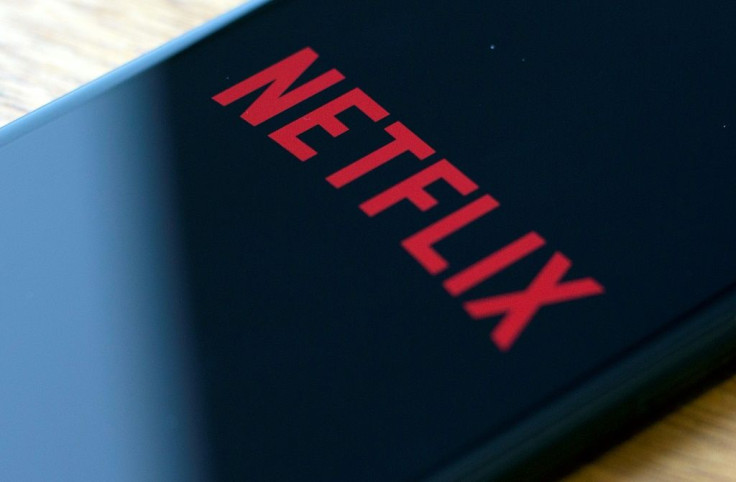Why You May Not Be Able To Share Your Netflix Password For Much Longer
Netflix (NFLX) is cracking down on password sharing not only among strangers that fraudulently access accounts but also among friends that share their streaming service subscriptions.
The company is performing a test trial with select users that requires account verification through the Netflix TV app by asking them to confirm their account through text or email, USA Today reported.
According to Business Insider, the prompt says, “If you don't live with the owner of this account, you need your own account to keep watching.”
If the user cannot confirm their account through these methods, they will be prompted to set up a new account with a 30-day free trial, the news outlet said.
A Netflix spokesperson told USA Today, “This test is designed to help ensure that people using Netflix accounts are authorized to do so.”
Netflix’s terms of use say that accounts “may not be shared with individuals beyond your household,” but this policy has not been strictly enforced by the company. Netflix does, however, limit the number of devices that a person can watch the platform on depending on subscription level.
Netflix offers streaming plans that start at $8.99 per month. Its premium plan costs $17.99 per month and can be watched on four devices simultaneously.
The sharing of Netflix accounts is an issue for the streaming service as its looks to grow its subscriber number. Research firm Magid said (via The Wall Street Journal) that about a third of the company’s users share their passwords with others.
Compounding the matter is the growing number of streaming platforms in the market that Netflix is competing against, especially during the pandemic as consumers stay home.
Netflix, which is seen as the streaming leader, added about 37 million new subscribers in 2020, moving past the 200 million user mark for the year. The company had $25 billion in annual revenue last year.
Shares of Netflix were trading at $516.41 as of premarket open on Friday, down $6.65 or 1.27%.

© Copyright IBTimes 2025. All rights reserved.





















